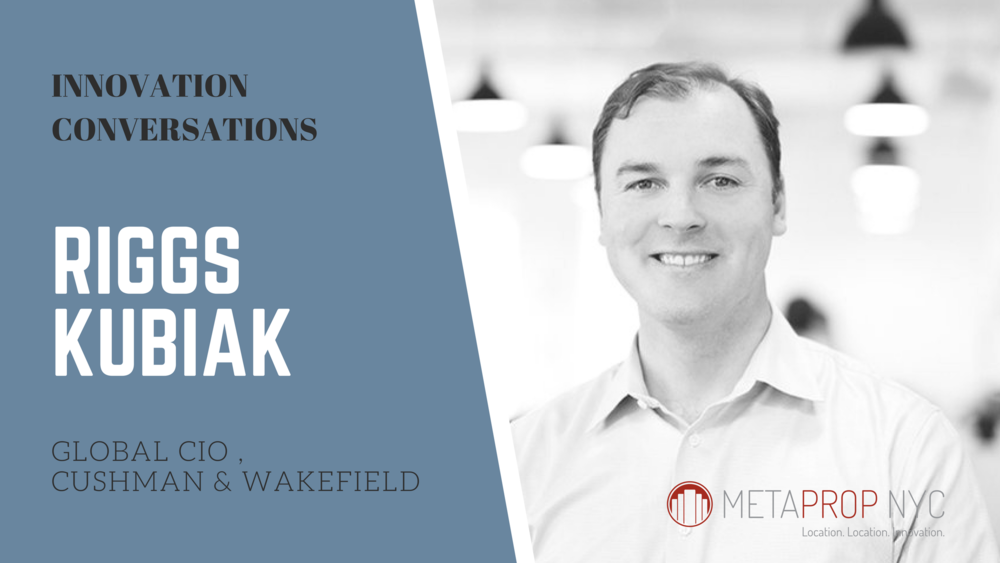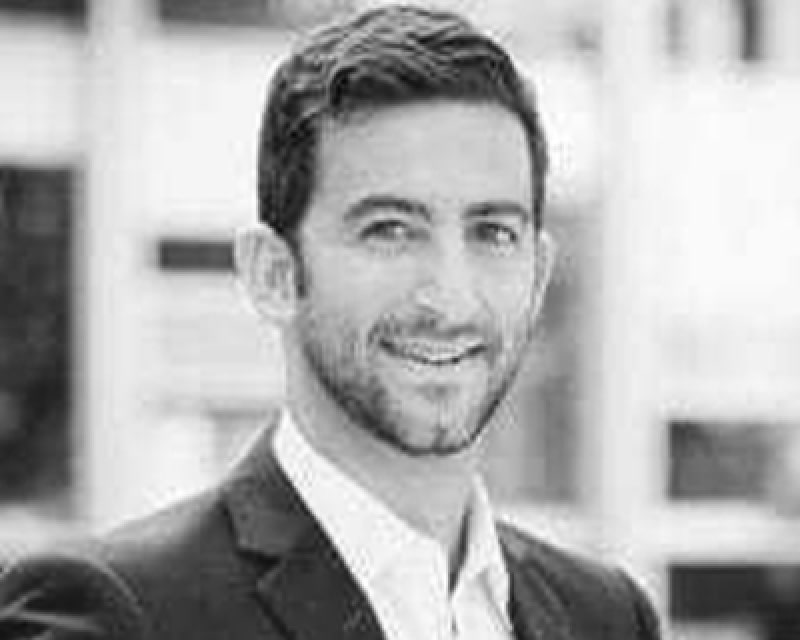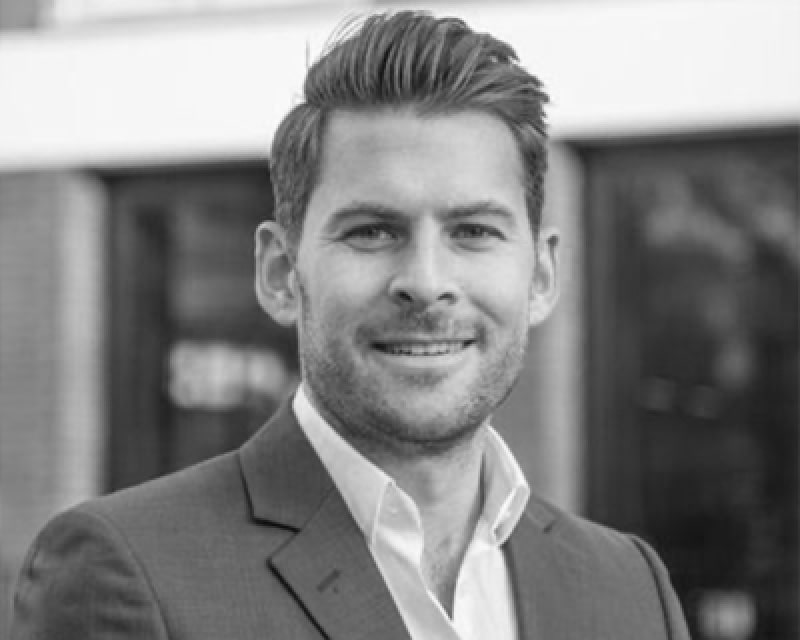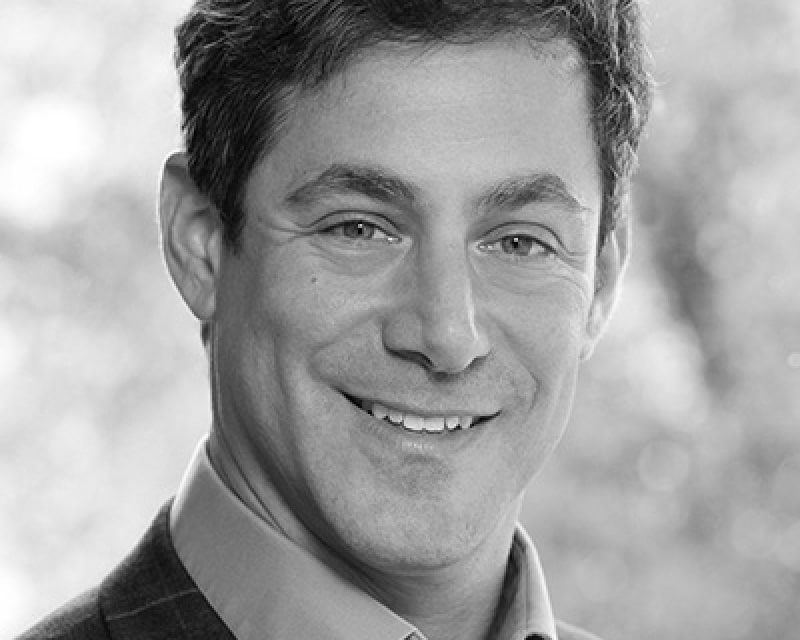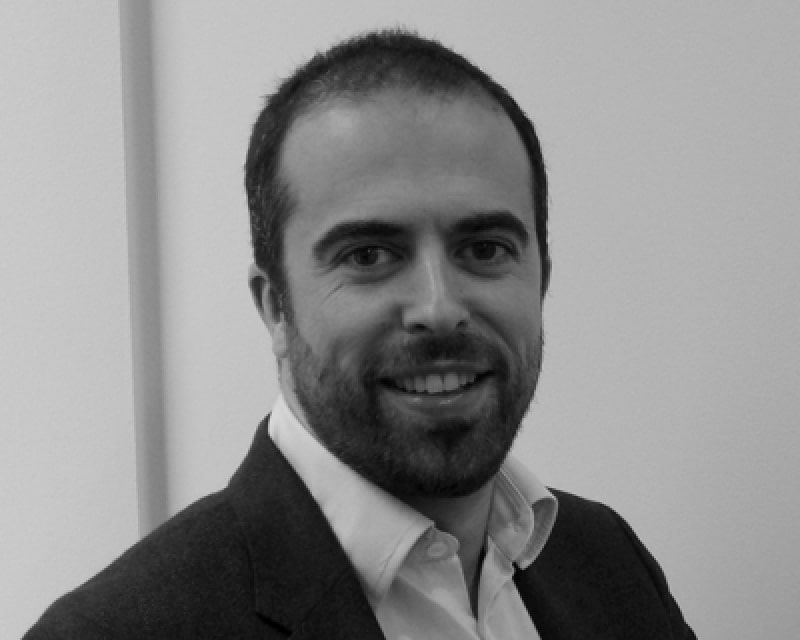Sep 21,2015
WHAT ARE YOUR DAY-TO-DAY RESPONSIBILITIES IN YOUR ORGANIZATION?
I’m the CEO which means every day is a bit different. However, my three most important initiatives are building a great team, supporting them to be as successful as they can be, and working closely with our investors, board members, and potential future investors.
DESCRIBE HOW YOU BECAME INTERESTED IN REAL ESTATE TECHNOLOGY AND INNOVATION.
During more than 10 years in the real estate industry including the last 5 at Tishman Speyer in NYC, I watched technology and the Internet positively impact every other major sector of the economy: finance, travel, retail, even transportation. It was obvious that technology could have a similarly profound impact on real estate. Building operations, capital expenditures and construction together represent one of the largest industries on the planet with $8 trillion spent annually. Four times as much money is spent on global construction than in all of e-commerce each year; including Alibaba, Amazon, Ebay, and other industry giants combined. It didn't make sense that the real estate industry, which is addressing all of the most challenging and important cities around the world, still relied primarily on pencil and paper to function. According to a study by Prudential, in 20 years the commercial real estate will have over $100 trillion in asset value globally. An industry of that size and importance should be driven by the best and most innovative technology on the planet.
HOW IS TODAY’S REAL ESTATE TECHNOLOGY DIFFERENT FROM WHEN YOU STARTED YOUR CAREER?
The industry’s view on CRETech is changing rapidly, primarily because it's working. Owners are seeing very real return on investment from implementing technology across leasing, operations, design and construction. As a result of those wins, it's becoming the standard in the industry rather than something only early adopters try. Technology is the one of the most positive drivers of change the industry has ever seen. Workflow automation, data parsing, real-time collaboration - all powerful business drivers that are only possibly with modern technology - allow the industry to be more knowledgeable about everything from building projects to leasing deals to the overall progress of our cities than ever before. Moreover, this information is accessible at a speed that was not possible even 10 years ago. The Internet has already profoundly and positively impacted real estate industry, and I believe it's just getting started.
WHAT IS THE MOST IMPORTANT INNOVATION AND TECHNOLOGY-DRIVEN INITIATIVE IN YOUR ORGANIZATION TODAY?
Honest Buildings is the industry’s only purpose-built platform for owners' management and construction teams to collaboratively track projects, intelligently compare bids and generate portfolio-level insights, leading to significant value creation. Owners are no longer willing to bleed asset value because their teams are hamstrung with archaic processes. Operations, capital expenditures and construction projects are too complex and too expensive to be cobbled together using Excel, Outlook, PDFs, and paper-based binders. Management and construction teams are responsible for $8 trillion in spending annually across the globe. They need and deserve world class technology built by industry professionals who are solving for their specific processes and challenges.
WHAT DO YOU DO TO STAY ON TOP OF CUTTING EDGE TRENDS AND DEVELOPMENTS IN REAL ESTATE TECHNOLOGY?
I read as much as I can, track the venture capital funding into the space, and spend time with the other CEOs of real estate technology firms in NYC. As a mentor, what is the #1 value you bring to a high-growth real estate tech startup? I’d say the value that I bring to real estate technology start-ups is empathy. First, because I spent 10 years working in the NYC commercial real estate scene as an investment banker and then in acquisitions, asset management, and sustainability at Tishman Speyer. I can’t help but think about technology from the lens of how it adds value the owners of the buildings. I’m also very empathetic to what it takes to grow a real estate technology business, team, brand and company in New York City.
WHO HAVE BEEN YOUR MOST IMPORTANT MENTORS AND WHY?
The first is my Dad, John Kubiak. He had two successful businesses and not only was he a great father for both me and my two sisters growing up, but he continues to be hugely helpful for me today. He’s taught me nearly everything I know about working hard and making things happen, while being true to your family. After that, Tom Farrell and Michael Spies, with whom I had the privilege of working with at Tishman Speyer, are my most important mentors. When I was at Tishman Speyer, Tom was the Global Head of Design and Construction and Michael led the company operations in Europe and India. They showed me what it means to be open to new ideas, how to think big about the future, and most importantly, how to execute at the highest level everyday. It’s a really hard balance to strike professionally and their ability to do so makes them the best in the business.
WHAT IS YOUR FAVORITE BUSINESS BOOK?
Right now, my favorite business book is “The Hard thing about Hard Things” by Ben Horowitz. It’s a must read for any founder of any business today.
WHAT IS ONE INTERESTING THING ABOUT YOU THAT MOST PEOPLE DON’T ALREADY KNOW?
I was born and raised in the Pacific Northwest in Sandpoint, Idaho and Spokane, Washington. I lived in Sandpoint, Idaho, a small town near the Canadian border, until I was 10 years old. Sandpoint is the best kept secret in the country as it is home to the incredibly beautiful, 50-mile long, Lake Pend Oreille and my favorite ski area in the world, Schweitzer Mountain Resort.

